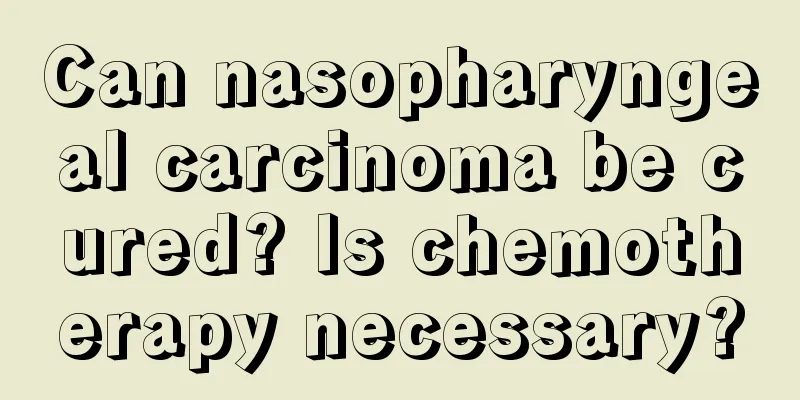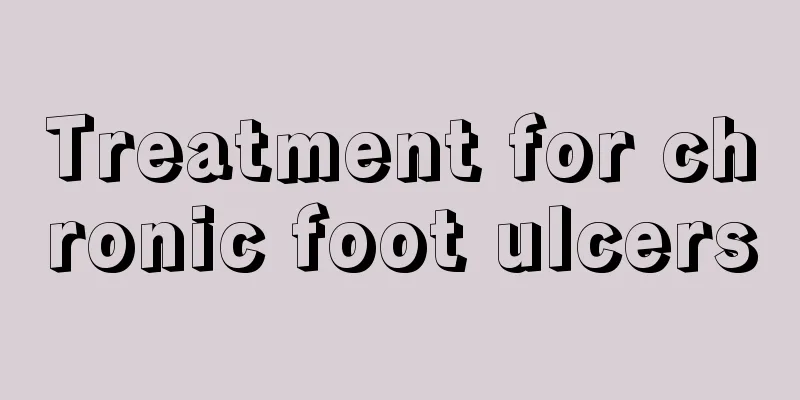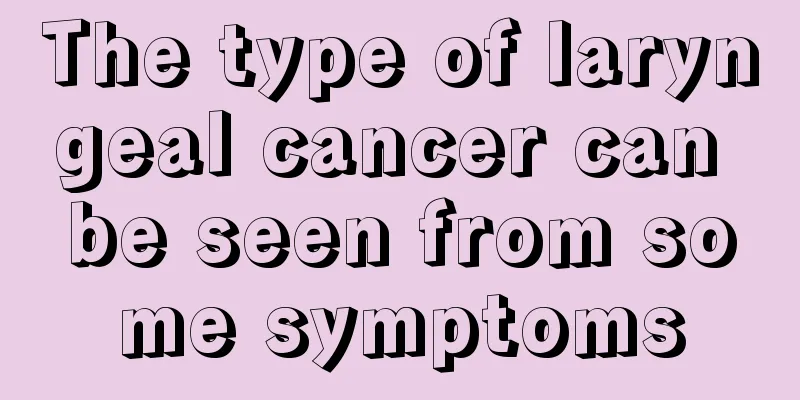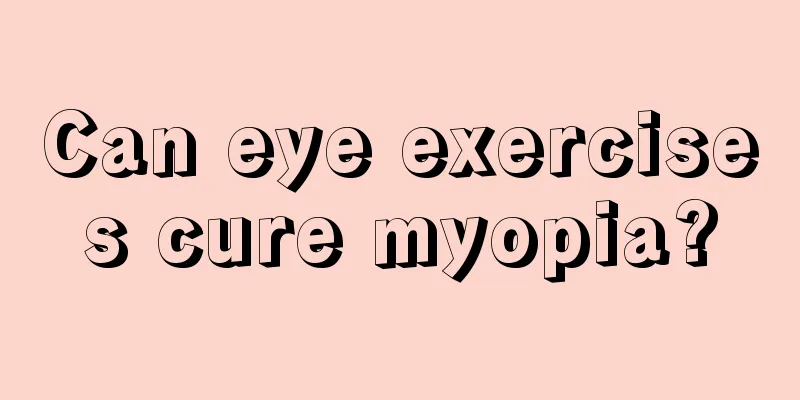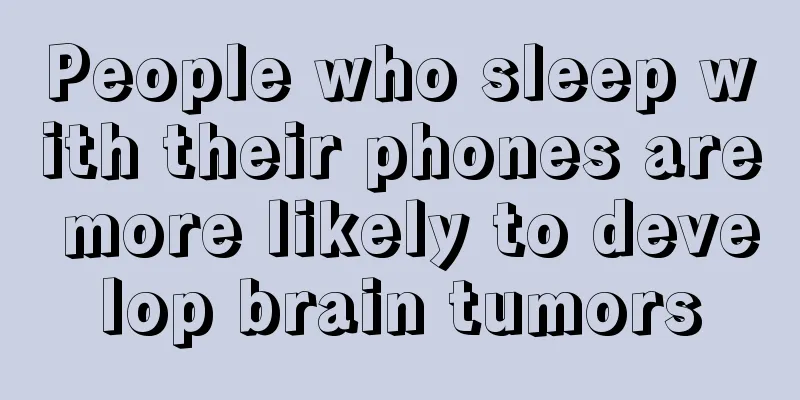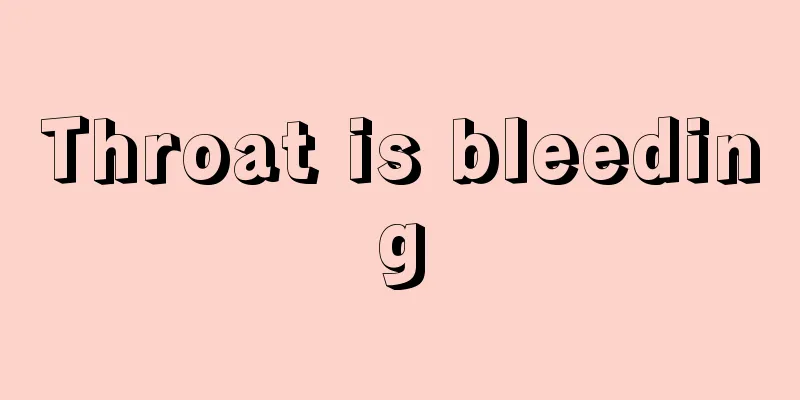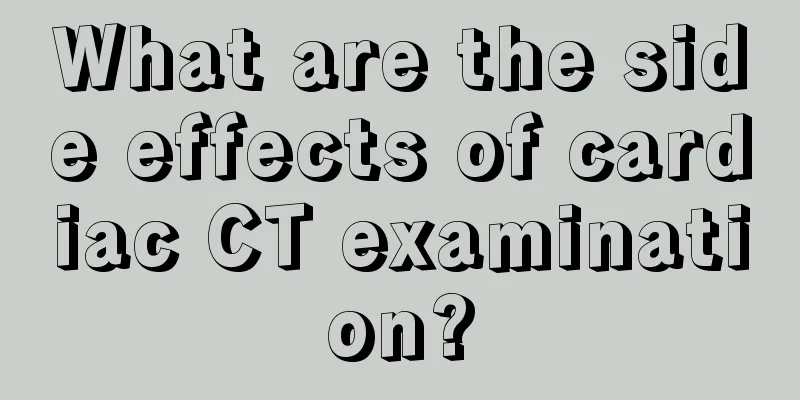How to treat severe sinus tachycardia?

|
Heart problems are the most concerned issues in life because the health of the heart can have a fatal impact on people. Most people's hearts are in good condition, except for some hereditary heart diseases. There is also a sub-healthy state of the heart that most people ignore, for example, the symptoms of sinus heart beat. Generally, normal sinus heart beat has certain regularities and occurs all year round in young people, which is meaningless for disease diagnosis. However, when sinus tachycardia or irregularity occurs, it is a situation that requires high attention. Most of them are related to diseases. Let’s take a look at how to solve severe sinus tachycardia. Sinus tachycardia refers to the rate of sinus node impulse generation in adults exceeding 100 beats per minute, with the rate usually ranging from 101 to 160 beats per minute. When sinus tachycardia begins and ends, the heart rate gradually increases and slows down. Sinus tachycardia is a common arrhythmia. Treatment is mainly directed at the cause, and sedatives or beta-blockers may be used if necessary. 1. The treatment of sinus tachycardia should focus on the primary disease, supplemented by symptomatic treatment when necessary. For sinus tachycardia caused by congestive heart failure, digitalis preparations, diuretics and vasodilators should be used. Correction of sinus tachycardia is often used as one of the indicators for the control of left heart failure. 2. Treatment of sinus tachycardia not caused by heart failure, such as sinus tachycardia caused by hyperthyroidism, the use of digitalis cannot slow down the heart rate. Note: Excessive digitalis can also cause sinus tachycardia. For patients with sinus tachycardia caused mainly by sympathetic nerve excitement and increased catecholamines, beta-blockers, sedatives, etc. can be used. 3. Treatment of patients with acute myocardial infarction: When there is no obvious heart failure and the sinus rate is continuously >110 beats/min, in order to slow down the heart rate, a small dose of beta-blockers (such as oral atenolol 6.25-12.5 mg) or calcium channel blockers (such as oral diltiazem 15-30 mg) can be temporarily tried. If necessary, they can be taken once every 8-12 hours. For sinus tachycardia secondary to left heart failure, heart failure should be treated primarily. |
<<: How to treat severe lumbar fractures?
>>: Can I use a soybean pillow if I have cervical discomfort?
Recommend
Why does my left chest hurt when I cough?
For friends who have pain in the left chest when ...
Teratoma surgical cure rate
The best way to treat ovarian teratoma is to use ...
If tooth disease is not treated, will it just hurt? There's something even scarier to come
As we all know, good teeth mean a good appetite, ...
Will drinking too much soy milk cause kidney stones?
Clinically, many diseases are closely related to ...
Is it good to wash your face with white vinegar?
People wash their faces every day in their lives....
My left leg hurts as if a muscle is pulling it
Leg pain is a very common symptom and there are m...
Are there any side effects of nose surgery? How to prevent them?
Female friends often choose to have plastic surge...
What are the examination items for glioma
In modern society, people are paying more and mor...
What are the ways to reduce the chance of pregnancy
In life, many couples will try all kinds of ways ...
Hand Shaoyang Sanjiao Meridian Indications
There are many large and small meridians in the h...
Dietary taboos during the recovery period of breast cancer
Breast cancer is very harmful to women. It not on...
Liver and lung metastasis of colorectal cancer
A male patient had colorectal cancer resection su...
How do breast cancer patients exercise after surgery
Surgery is often used as the main treatment for b...
Sore throat with white lumps inside
Many people often have sore throats, coughs, and ...
Can I exercise during colon cancer?
Can you exercise during colon cancer surgery? Rel...
